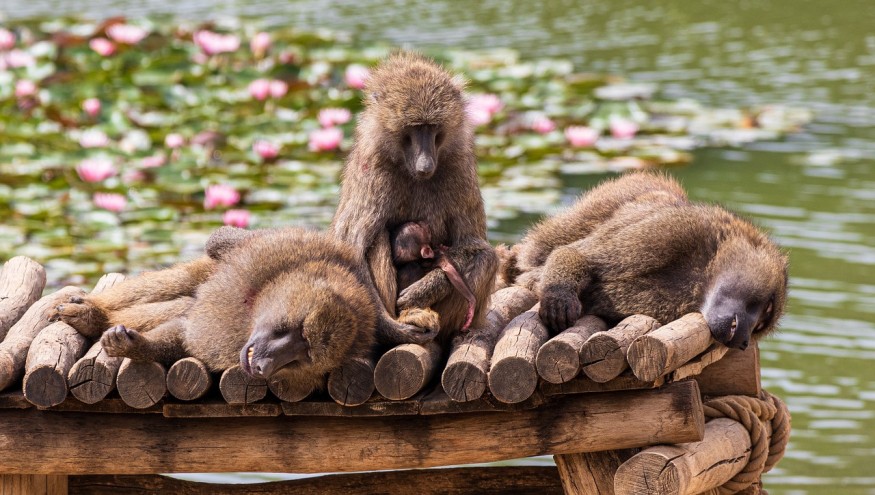Friendship with the opposite sex can have benefits that do not necessarily involve romance in people and baboons.
The study looked into 540 baboons in over 35 years of data in Amboseli National Park in Kenya. The findings reveal that male baboons with close female friends tend to live longer than their isolated male counterparts.
It has been assumed that a male keeps female friends for reproductive benefits such as protecting his offspring and an increased chance of mating with his female friend. But this study suggests a different advantage: female friends may help him survive longer.

Male vs Female Friendships
Several studies on humans reveal that keeping close friends is essential for life's longevity, like losing weight and exercising. People who establish close friendships are also known to live longer than those who do not have besties.
Studies on other species like monkeys, horses, dolphins, and killer whales also revealed the same findings. However, most of the research is focused on females because in most mammals, the female are generally stable in keeping the company of the same group. On the one hand, the males are more mobile: they usually come and go, leaving scientists only a snippet of their lives.
As the senior author Susan Alberts would put it, "there are lots of gaps in our understanding of male social life."
READ: The Mysterious Relationship Between Truffles and the Birds That Love Them
Study Methodology
Since 1971, individual baboons in southern Kenya were closely studied on almost a daily basis. Researchers noted how the baboons socialized and how they fared in their lifetime were acknowledged as part of the Amboseli Baboon Research Project.
Unlike humans who hang out with their besties for a cup of coffee or bottle of beer, baboons socialize together by stroking each other's fur. Males and females sit close together while stroking each other's fur to look for ticks and other parasites. This is bonding and relieving stress the primate's way, Albert said. It is also a way of keeping their hygiene in check.
According to Alberts, "grooming is the baboon equivalent of gossip, or having a good conversation over a cup of coffee."
Male baboons usually spend little time grooming themselves, but they still groom with females even when they are not fertile.
The time the 540 baboons spent grooming with their closest friends were measured and analyzed.
READ ALSO: Nearly 50 Species of Birds and Mammals Are No Longer on the Brink of Extinction
Benefits of Friendships
The study showed that both the males and females benefit from 'friendships.' Baboons were found to be just like their human cousins: they live longer if they are socially connected, according to Alberts.
The study also suggests that males with close friendships with females were 28 percent more likely to live longer than baboons socially isolated.
According to the researchers, their finding suggests that friendships' power is deeply rooted in the primate family tree.
The study will be published on September 21 in the journal Philosophical Transactions of the Royal Society B.
READ NEXT: 5 Baby Gorillas Born in Bwindi, Uganda Bringing Joy to Mountain Gorilla Conservation Workers
Check out more news and information on Endangered Species on Nature World News.
© 2025 NatureWorldNews.com All rights reserved. Do not reproduce without permission.





